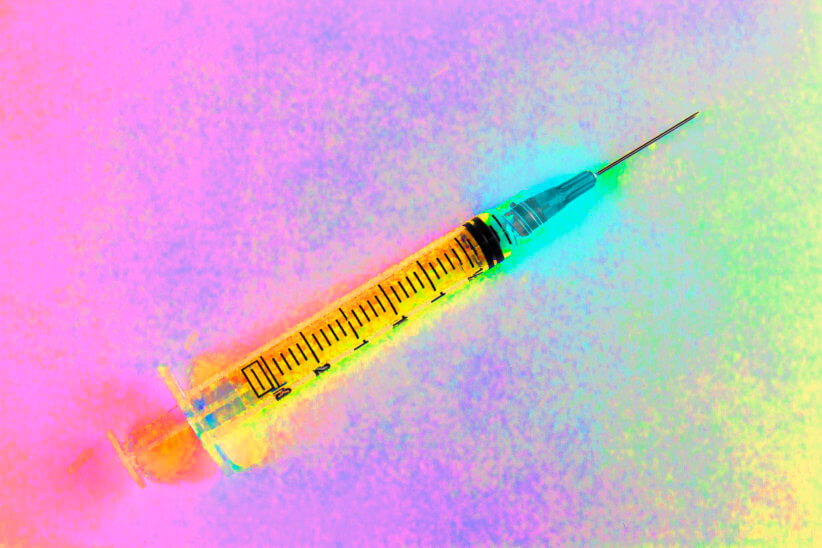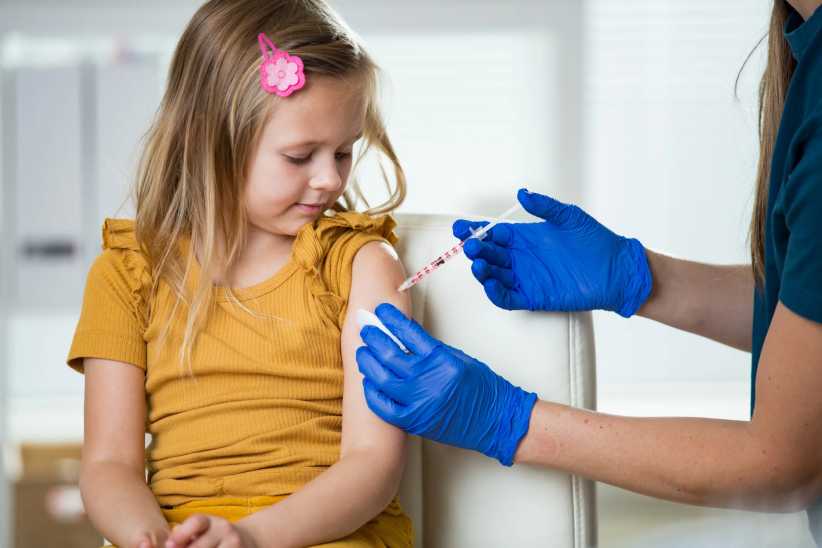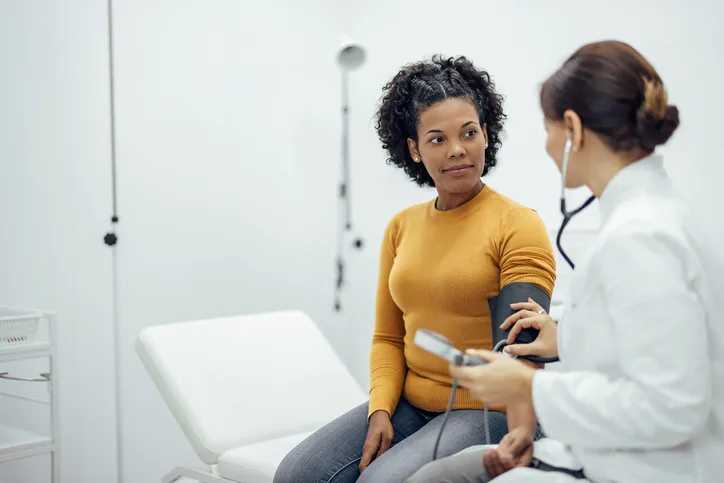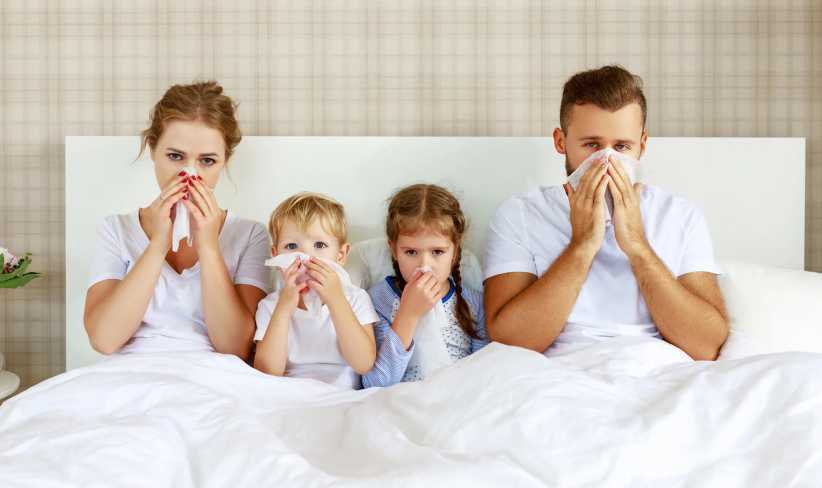
What a NYC Parent Needs to Know About Rainbow Fentanyl
A deadly new drug is on the rise in the United States, and it’s designed to look like candy to appeal to kids.
Dubbed unofficially as “rainbow fentanyl,” this dangerous combination of manufactured chemicals is making its way into communities around the country in the form of small, colorful pills that resemble Skittles, Smarties or other popular candy products often given out during Halloween.
“Rainbow fentanyl—fentanyl pills and powder that come in a variety of bright colors, shapes and sizes—is a deliberate effort by drug traffickers to drive addiction amongst kids and young adults,” Anne Milgram, DEA administrator, said.
Fentanyl, which started showing up on the West Coast earlier this year, is now making headlines in NYC. Last month, the U.S. Drug Enforcement Agency and law enforcement partners seized 15,000 of the colorful pills in Manhattan.
The significant seizure, the largest to date in New York City, signals more widespread distribution of the pills. The case highlights Mexican cartels’ most recent tactics to attract the public while deceiving them about the lethal drugs, the DEA said.
“Rainbow fentanyl is a clear and present danger, and it is here in New York City,” Frank Tarentino, DEA Special Agent in Charge, said. “Approximately 40% of the pills we analyze in our lab contain a lethal dose. And in a recent 15-week enforcement operation, DEA New York seized half a million lethal pills.”
Fentanyl is relatively cheap for drug dealers and their lab cronies to make. In fact, the pills are often made to look like real prescription opioids, such as Oxycontin or Xanax. So, anyone who thinks they’re buying an Oxycontin can very well be getting fentanyl, which is far more potent, and far more deadly.
According to the DEA, fentanyl is 50 times more potent than heroin and 100 times more potent than morphine. Just two milligrams of fentanyl, which is equal to 10-15 grains of table salt, is considered a lethal dose. Without laboratory testing, there is no way to know how much fentanyl is concentrated in a pill or powder.

Rainbow fentanyl: What Parents Need to Know
To recap, fentanyl is not often a drug that tweens and teens are seeking out. Instead, it’s often in the other drugs kids are using.
“Teens for the most part understand how dangerous fentanyl is but rarely understand that it can be mixed into other drugs that they feel are ‘safer,’” Keri Cooper, LCSW, and author of Mental Health Uncensored: 10 Foundations Every Parent Needs to Know, explained. “Parents need to have honest conversations about drugs and how they are made and how buying pills off the street may likely have fentanyl mixed in them. It is never safe to be buying a drug that is made in someone’s basement. Anything can be in it.”
It’s also possible for marijuana to be laced with fentanyl.
“While kids might not be directly exposed to fentanyl, they might be offered something like marijuana that could very well be laced with fentanyl,” Lisa Bonaviso, Ph.D., and licensed mental health counselor at Pleasantville Wellness Group, Westchester, said.
Here is some more information on what parents need to know about fentanyl and how they can help keep their kids safe:
What is fentanyl?
Fentanyl is a synthetic opioid. There are two types: Pharmaceutical fentanyl and illicitly manufactured fentanyl. Both are considered synthetic opioids. Under controlled circumstances, pharmaceutical fentanyl is an effective medicine approved for treating severe pain. Doctors use it to relieve pain in patients during and after surgery. Fentanyl-related overdoses are linked to illicitly manufactured fentanyl.
What makes fentanyl so deadly?
It’s a more potent drug than many others and can easily be disguised to look like a painkiller or party drug. It is 50 times stronger than heroin, and just a small amount is considered a lethal dose. According to the Centers for Disease Control and Prevention, the drug depresses the central nervous system and respiratory function. It can cause breathing to stop.
How would a parent know if their child has taken fentanyl?
There’s no way to tell if a pill or powder contains fentanyl just by looking at it, so the best thing to do is to not take any illegal drug. Test strips can tell you if a drug contains fentanyl, but not how much is in it.
What can a person do to help someone who is overdosing?
Fentanyl and other synthetic opioids are the most common drugs involved in overdose deaths. Over 150 people die every day from overdoses related to synthetic opioids like fentanyl, according to the CDC.
If you think someone is overdosing, the CDC recommends treating it like and overdose, and call 911 immediately. Also administer naloxone if it’s available. Try to keep the person awake and breathing. Lay the person on their side to prevent choking.
Children should always know that if they or a friend are seeming sick after using drugs, they can’t be afraid to immediately reach out for help, Cooper explained.
“Parents need to let their kids know that their life is more important than their fear of getting in trouble,” she said.
How can parents talk to their kids about drugs and peer pressure?
Parents need to acknowledge that all kids just want to fit in. It’s normal, and it’s not always easy to do something different from the crowd, Cooper said.
“In saying that, parents need to have conversations with their kids about which friends would support their decisions, who are good friends and talk about what positive friendships look like,” Cooper explained. “There are many kids who don’t do drugs and sometimes it’s just about finding one or two other kids to stand up together.”
Bonaviso underscored the importance of talking to kids about drugs and keeping the lines of communication open. Informing them is key. Not to scare them, but to let them know the realities of fentanyl or drug use overall.
“Children are very curious. So it’s natural that they’d want to explore or experiment,” Bonaviso said. “But, parents giving them the reality of the long- and short-term effects of drugs might make them think twice before trying it.”
She added that it’s important for parents to remind their children that illegal drugs are not controlled.
“They’re coming from the streets, so you don’t know what people are contaminating them with,” Bonaviso said.
Psst…check out What Parents Need to Know about Monkeypox : Preventive Measures













